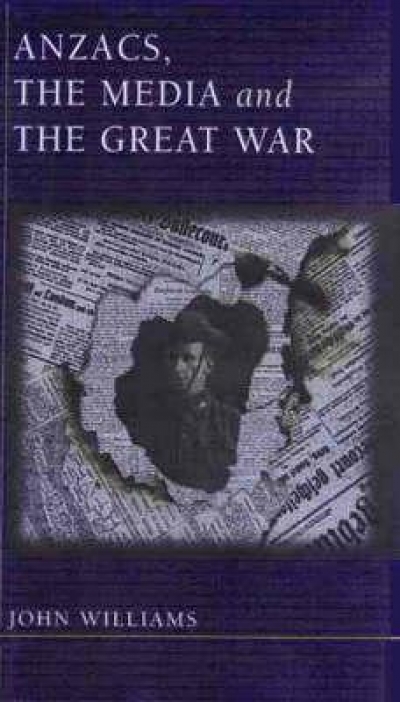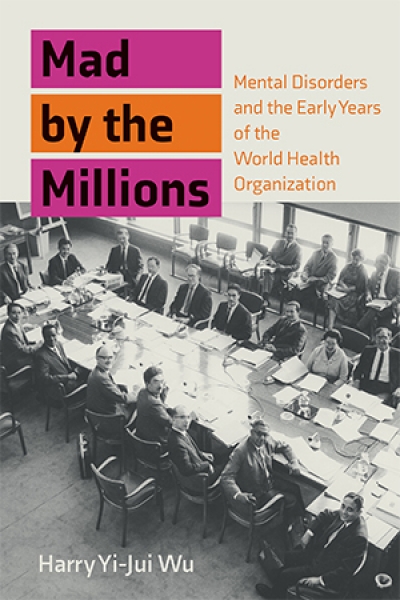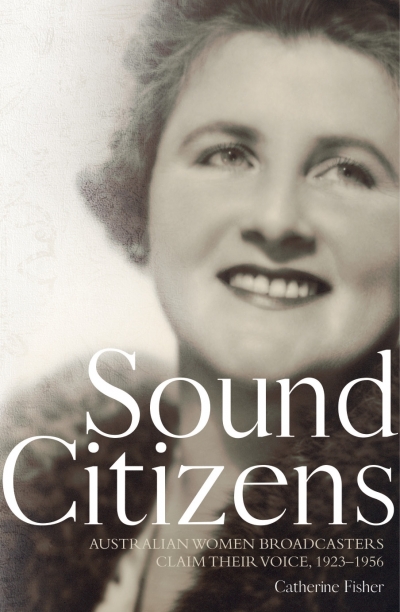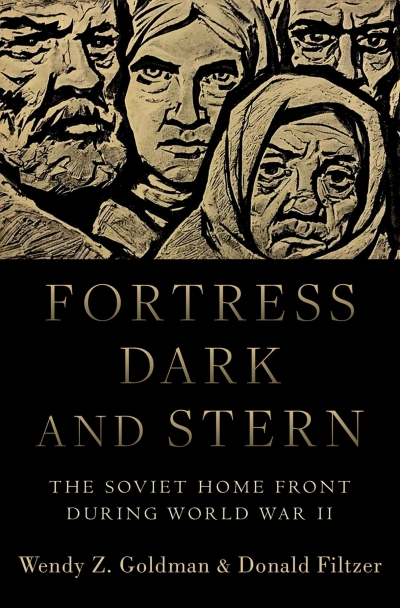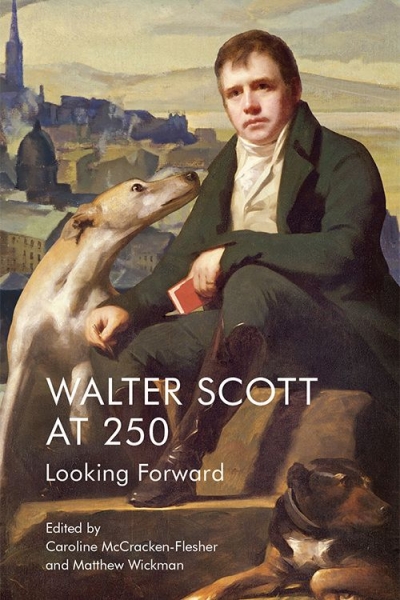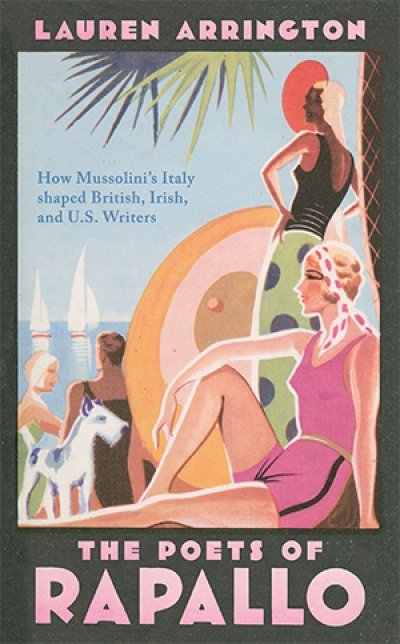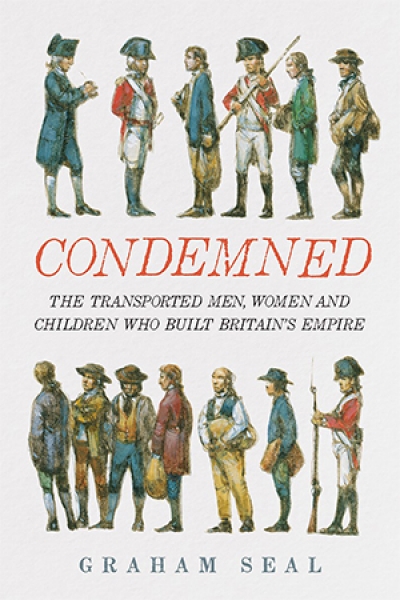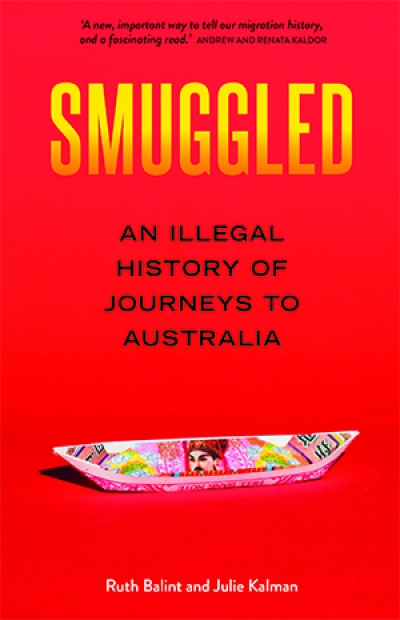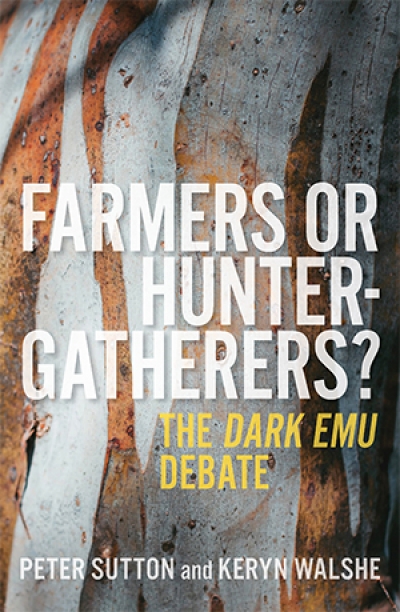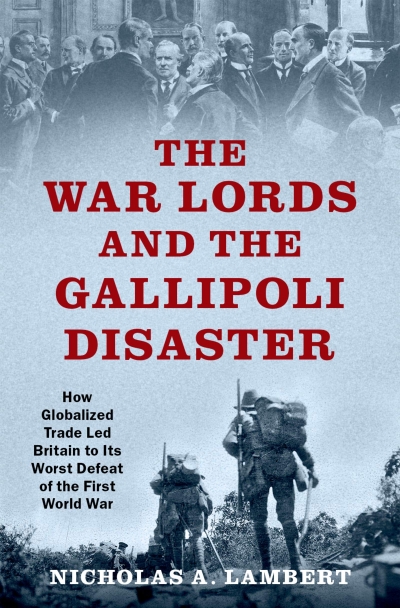History
The myth and reality of the Anzac legend has proven a perennial subject of inquiry and argument for over thirty years now, since the publication of Ken Inglis’s justly famous articles in Meanjin and elsewhere in 1964–65. These prompted a spirited exchange with the late Geoff Serle and others. More recently, John Robertson examined the Gallipoli campaign in terms of the myth (1990), and found the critics of Australian martial performance wanting, while Eric Andrews took the Anglo-Australian relationship between 1914 and 1918 to task (1993), and found duplicity and manipulation in the construction of the Australians’ image.
... (read more)Mad by the Millions: Mental disorders and the early years of the World Health Organization by Harry Yi-Jui Wu
World War II drew the still-marginal profession of psychiatry into the war effort, with psychiatrists screening recruits for mental disorders and predisposing histories. Trauma, or the fear of trauma, hovered. But after treaties were signed and soldiers returned to their loved ones, and the memory of war faded for those not condemned to be visited by it daily, what role was psychiatry to play? In Mad by the Millions, historian of science and psychiatrist Harry Yi-Jui Wu writes about the peace time ambitions of postwar psychiatry, which were marshalled in the unlikely, bureaucratic setting of the International Social Psychiatry Project (ISPP) run by the Mental Health Unit of the World Health Organization.
... (read more)Sound Citizens: Australian women broadcasters claim their voice, 1923-1956 by Catherine Fisher
In the era of perpetual Covid lockdowns, many of us can relate to the isolation of the mid-twentieth-century housewife. Like her, we’re stuck at home, orbiting our kitchens, watching the light move across the floorboards. Each day mirrors the last, a quiet existence spent mostly in the company of the immediate household. Yet whereas we can flee our domestic confines via Netflix or TikTok, last century’s housewife had fewer avenues to the wider world. There was reading, of course – books or magazines or newspapers – but this was usually reserved for the end of the day. For most waking hours, her hands and eyes were needed for cooking, cleaning, mending, childcare, and a thousand other tasks.
... (read more)Fortress Dark and Stern: The Soviet home front during World War II by Wendy Z. Goldman and Donald Filtzer
When I was a graduate student in the Soviet Union in the late 1960s, Russian friends used to talk a lot about World War II. Their stories were of hardship and suffering stoically borne by the population and finally vindicated by victory in 1945. This was not dissimilar from what was published in the Soviet press on the subject, but without the press’s obligatory references to the wise leadership of the party. Wendy Z. Goldman and Donald Filtzer tell basically the same story as my Soviet friends. Invoking the image of a ‘levée en masse spirit’ in the wartime Soviet Union, they admit that ‘strict discipline and repression certainly played a role’ in the state’s ‘unprecedented feats of mass mobilization’, but they put their interpretative emphasis elsewhere: ‘without the support of the vast majority of people and workers in particular, the great achievements on the home front would not have been possible’.
... (read more)Walter Scott at 250: Looking forward by Caroline McCracken-Flesher and Matthew Wickman
Walter Scott, born on 15 August 1771, turns 250 in 2021. This event has been celebrated in Scotland with events such as a ScottFest at ‘Abbotsford’, his home, and a major international conference. But Scott, almost certainly the most popular and widely known author in the world in the nineteenth century, fell disastrously in public and critical esteem, to the point that E.M. Forster, in his influential Aspects of the Novel (1927), could sum him up with the wearily dismissive question ‘Who shall tell us a story?’ and the equally dismissive answer ‘Sir Walter Scott of course’. For Forster, Scott had ‘a trivial mind and a heavy style’.
... (read more)The Poets of Rapallo: How Mussolini’s Italy shaped British, Irish, and US writers by Lauren Arrington
How best to tell the history of literature? – a long, chronological survey tracing broad arcs of development, or as a tight focus on a single, transformative year? The dedicated study of a single writer’s life, or the story of a movement, of several writers brought together for a time by some common cause? In recent years, the history of modernist literature has enjoyed these and other treatments. In Poets and the Peacock Dinner: The literary history of a meal (2014), Lucy McDiarmid takes as her subject a single evening: a dinner, held in West Sussex on 18 January 1914, in honour of the poet Wilfrid Scawen Blunt and attended by six other poets, including W.B. Yeats and Ezra Pound. That famous evening serves to focus a wide-ranging discussion of literary friendship and romance, collaboration and rivalry.
... (read more)Condemned: The transported men, women and children who built Britain’s empire by Graham Seal
The convict Thomas Brooks was transported to Sydney in 1818. He had been sentenced to seven years but would serve twenty-seven, with stints in some of Australia’s most brutal penal settlements. His life became a cycle of escape attempts, recapture, and punishment. Each grab for freedom made his chains heavier, the floggings ever more severe. Eventually the penal system broke him, his spirit and will to escape crushed. When Brooks was finally released, he went bush, content to live in a humpy, drink, and ponder his past. He wondered how Britain could see fit to abolish slavery and yet maintain the convict system. ‘For our slavery there was no balm. Those who believed in the freedom of men had cast us out; and those who were incapable of reflection must have seen the impassable gulph between the stains of our bondage and the free position of honest liberty.’
... (read more)Smuggled: An illegal history of journeys to Australia by Ruth Balint and Julie Kalman
Professors Ruth Balint and Julie Kalman are descended from Jews impacted by the Holocaust. No surprise then that in the introductory sentences of this work they remind us that the first people smuggler was probably Moses. Throughout the Jewish year, we study this colossus, who may or may not have existed, as he leads the Hebrews out of Pharaoh’s bondage into the desert toward a promised land. For much of the past two thousand years, Jews have relied on people smugglers as they were shunted from country to country. In Smuggled: An illegal history of journeys to Australia, Balint and Kalman detach the people smuggler from the politicised, malign tropes surrounding this activity and present firsthand accounts from some of those who were smuggled and from the smugglers themselves.
... (read more)Farmers or Hunter-gatherers?: The Dark Emu debate by Peter Sutton and Keryn Walshe
For anyone who has spent substantial time recording Aboriginal cultural traditions in remote areas of Australia with its most senior living knowledge holders, bestselling writer Bruce Pascoe’s view that Aboriginal people were agriculturalists has never rung true. Farmers or Hunter-gatherers? The Dark Emu Debate – co-authored by veteran Australian anthropologist Peter Sutton and archaeologist Keryn Walshe – has already been welcomed by Aboriginal academics Hannah McGlade and Victoria Grieve-Williams, who reject Dark Emu’s hypothesis that their ancestors were farmers (like Pascoe himself).
... (read more)The War Lords and the Gallipoli Disaster: How globalized trade led Britain to its worst defeat of the First World War by Nicholas A. Lambert
The Gallipoli campaign has a peculiar fascination for historians of World War I. This new book, by British historian Nicholas A. Lambert, is concerned not so much with the conduct of the campaign as with the reasons for its being launched. The chances for its success were known at the time to be low, so why was this gamble, which cost perhaps 130,000 Allied and Ottoman lives, taken?
... (read more)

